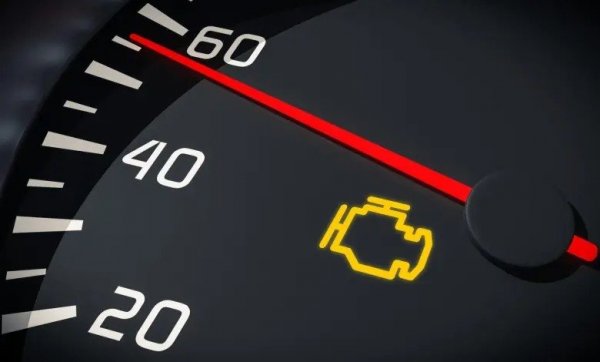Check Engine Light Explained—What to Do When It Comes On

The check engine light is a crucial warning system in your vehicle. When it comes on, it means there is a problem with the engine or another part of the vehicle's emissions control system. Ignoring the check engine light can lead to further damage and potentially dangerous driving situations, so it's important to address the issue as soon as possible.
In this article, we focus on possible causes of the check engine coming on and the measures you can take to address them.
Possible causes of the check engine light illuminating
There are many potential causes of the check engine light coming on. Some common ones include malfunctioning sensors, a loose gas cap, a failed catalytic converter, a dirty air filter, and an engine misfire. It's important to properly diagnose the issue in order to determine the most appropriate course of action.
How to diagnose the causes of the check engine light coming on
To diagnose the check engine light, you can start by scanning the OBD-II system. This system stores diagnostic trouble codes (DTCs) that can help pinpoint the issue. You can use a handheld OBD-II scanner to retrieve these codes and then consult the owner's manual or a professional mechanic to determine the cause of the issue.
Once you have determined the cause of the check engine light, you can address the issue in a few different ways. If the issue is severe, it's important to follow the recommended repairs or maintenance as soon as possible. This could include replacing a faulty part or addressing a maintenance issue such as an overdue oil change. If the issue is less severe, you may be able to address it by making simple adjustments or by following the recommended maintenance schedule.
Tips for preventing check engine light from turning on
There are a few things you can do to prevent the check engine light from turning on in the first place. One of the most important things is to regularly maintain and service your vehicle. This includes keeping up with oil changes and replacing the air filter. Using high-quality fuel and oil can also help prevent issues with the engine and emissions control system. Additionally, it's a good idea to keep an eye on the dashboard warning lights, as they can alert you to potential issues before they become major problems.
Conclusion
The check engine light is an important indicator of potential issues with your vehicle. Proper diagnosis and addressing of the issue can prevent further damage and ensure safe driving. By regularly maintaining and servicing your vehicle, and keeping an eye on dashboard warning lights, you can help prevent the check engine light from turning on.
Other posts
- 5 Best Electric Bikes for Women in 2023
- The Popularity of White Cars: Why White is the New Black
- How to Choose the Best Car for Your Lifestyle and Budget
- All You Need to Know About Donut Spare tires—The Pros and Cons
- How to Maintain and Extend the Life of Your Wiper Blades
- CVT Transmission Lifespan: How Long Will It Last?
- 4 Benefits of Owning an Electric or Hybrid Car
- Understanding the Different Types of Hybrid Cars; Pros and Cons
- How to Save Money on Gas by Optimizing Your Driving Habits